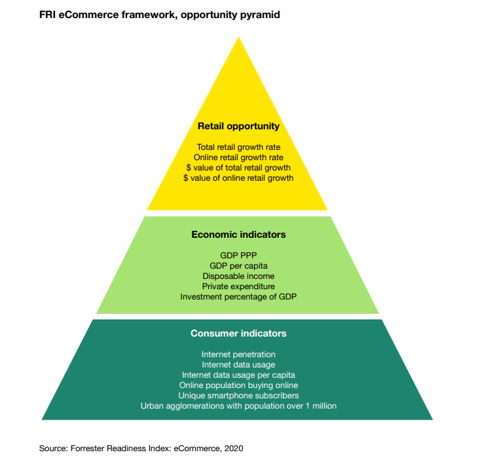
Nike reported quarterly sales that topped analysts’ expectations, thanks to a boost from its digital business and growth in North America, which helped to offset weakness in China due to COVID-19.
Its shares shot up more than 8% in after-hours trading Tuesday following the release.
Chief Executive Officer John Donahoe said the business is starting to see a “recovery” in China, where the coronavirus originated, following a period of store closures. During the fiscal third quarter, Nike’s sales dropped 5% in Greater China, following 22 consecutive quarters of double-digit growth.
The company said that at a peak in February, roughly 75% of Nike stores in Greater China were closed, with others open on reduced hours. As of Tuesday, however, nearly 80% of its stores in Greater China are open, Nike said. And it added that digital sales in China are approaching triple-digit growth.
“We now have a playbook that we can use elsewhere,” Donahoe told analysts.
He said Nike took what it learned from China and deployed a similar strategy in Japan and South Korea. He said the company will now do the same in the U.S. and across Europe.
Based on learnings from China, the company said it expects its impacted businesses to travel through three phases. First, a recovery period, where stores open back up. Second, a period when supply and consumer demand return to normal levels. And third and finally, a period of getting back to sales growth.
The Portland, Oregon-based sneaker giant announced this past Sunday that it would be shutting all of its stores in the U.S., Canada, Western Europe, Australia and New Zealand through March 27, at least, to try to help halt the spread of COVID-19. Nike said Tuesday that it plans to reopen stores in North America and across Europe “on a location by location basis.”
“We know this is a moment in society where the private sector has to play a major role,” Donahoe added, during a post-earnings conference call. For example, Nike is looking at some designs for personal protective equipment to help hospitals and other health-care workers in need, he said.
Nike is not offering a fourth-quarter earnings outlook at this time. But it said traffic in Greater China is “significantly accelerating” each week, now. And it expects the region to return to growth this fiscal year.
Despite reporting an increase in third-quarter sales, Nike’s earnings fell, hurt by the coronavirus pandemic.
Net income shrank to $847 million, or 53 cents per share, compared with $1.1 billion, or 68 cents per share, a year ago.
Earnings in the latest period included a 25-cent charge related to the company transitioning its businesses in Brazil, Argentina, Chile and Uruguay to a different distributor model.
Revenue climbed 5% during the quarter ended Feb. 29, to $10.1 billion from $9.6 billion a year ago. Analysts were calling for sales of $9.8 billion, based on data from Refinitiv.
Nike’s direct-to-consumer business grew 13% during the quarter. Digital sales overall were up 36%. Nike said digital sales in Greater China were up more than 30%.
“We know it’s in times like these that strong brands get even stronger. … No one is better equipped than Nike to navigate the current climate,” Donahoe said Tuesday.
Nike’s revenue in North America climbed 4% during the quarter, driven by strength in footwear and apparel.
Sales for the Converse brand were up 9%.
Some analysts are more optimistic about Nike compared with peers Under Armour and Adidas, especially in times of so much uncertainty.
“We believe Nike remains the key brand that wholesale customers shift orders to in times of distress and should also benefit from its superior sourcing capabilities, with a vertically integrated supply chain and more consolidated supplier base,” Bank of America analyst Robert Ohmes said in a research note ahead of the earnings report.
“An overall challenging environment could enhance Nike’s global market share momentum,” he added.
As the Dow rebounded Tuesday to have its best day since 1933, Nike shares closed up more than 15%. Nike’s stock has fallen roughly 30% this year. It has a market cap of about $112.6 billion.

